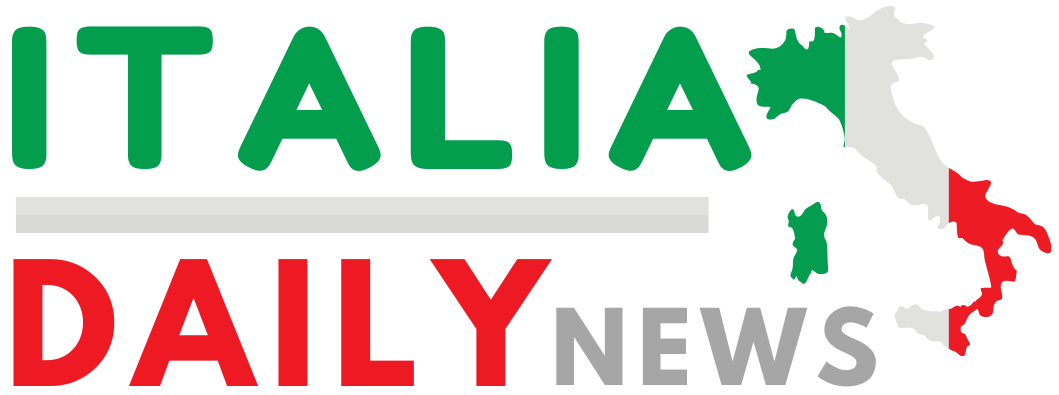Dutch government collapses after Geert Wilders’ far-right party quits
Asylum dispute topples coalition in the Netherlands.
Dutch far-right figurehead Geert Wilders announced Tuesday morning that his party would quit the government in The Hague, throwing the Netherlands into turmoil.
Wilders’ Party for Freedom (PVV) left the coalition in a heated dispute over the government’s position on asylum. “No signature for our asylum plans. No changes to the [coalition] agreement. PVV is leaving the coalition,” Wilders posted on X.
The Dutch government, a coalition between Wilders’ far-right PVV, the populist Farmer-Citizens Movement (BBB), the centrist New Social Contract (NSC) and the liberal People’s Party for Freedom and Democracy (VVD), had scheduled crisis talks Tuesday morning to discuss Wilders’ demands for stricter asylum measures.
Wilders wanted his coalition partners to commit immediately to the PVV’s “ten-point plan” on asylum.
Both he and his coalition partners doubted there’d be an agreement at the meeting — and so it proved.
“The PVV promised voters the strictest asylum policy ever,” including a proposal to “close the borders to asylum-seekers,” Wilders told reporters Tuesday morning. When his coalition partners refused to sign up to the plans, “I had no choice but to say: We rescind support for this Cabinet,” he said.
Wilders said he’d told Prime Minister Dick Schoof that he’d withdraw the PVV ministers from the government.
He added: “I signed up to the strictest asylum policy, not the downfall of The Netherlands.”
‘Irresponsible’
Leaders of the other parties reacted angrily to Wilders’ decision to blow up the government.
BBB President Caroline van der Plas called Wilders’ move “irresponsible.” She wrote on X that “whoever stops now, is offering The Netherlands to the Left on a silver platter.”
“We had hoped that he [Wilders] would have had a restful night and would have thought about it thoroughly. But he came with a very brief announcement,” Nicolien van Vroonhoven from the NSC told Dutch public broadcaster NOS, adding: “This is really incomprehensible.”
VVD President Dilan Yeşilgöz reacted that Wilders was “again putting his own interest above the interest of the country. By running away. At a time of unprecedented uncertainty.”
Wilders’ move wasn’t really about migration, she argued. “We were already going to do everything that’s possible. Everything we’d already agreed on had been delayed by PVV bumbling.”
Doomed to fail
The Dutch government — the first to include Wilders’ PVV — has been in place for less than a year, after months of talks to establish it after the far right won a shock victory in the November 2023 election.
Schoof, a civil servant, was chosen to be prime minister in the right-leaning coalition.
But it hasn’t been smooth sailing for Schoof, or the government, with Wilders repeatedly attacking the prime minister and the government in parliament. He has agitated about Schoof’s promise in Brussels of Dutch support for Ukraine and Foreign Minister Caspar Veldkamp’s request for the EU to review its association agreement with Israel.
“If it hadn’t happened today, it would have happened sometime in the next few weeks,” Rob Jetten, the president of the liberal D66 party, told NOS. He criticized the government for making few decisions and having too many “squabbles and crises,” saying the other coalition parties had been taken “hostage” by Wilders.
The collapse arrives just weeks before a crunch NATO summit being held in The Hague, at which allies are expected to significantly boost defense spending.
Now what?
Ministers are meeting Tuesday to decide what’s next, although the assumption is that the prime minister will offer up the resignation of his cabinet.
A new election could dramatically shake up The Netherlands’ political landscape. Two government parties, the BBB and the NSC, were both major winners in the November 2023 elections, but have since tanked in the polls. According to POLITICO’s Poll of Polls, they’re both at 1 percent.
Wilders’ PVV, too, is polling below its November election result — though still, narrowly, in first place.
The Labour and Green Left alliance headed by former Commissioner Frans Timmermans and the liberal VVD party have gained popularity since the 2023 election, polling just slightly behind the Freedom Party.
This story has been updated.











